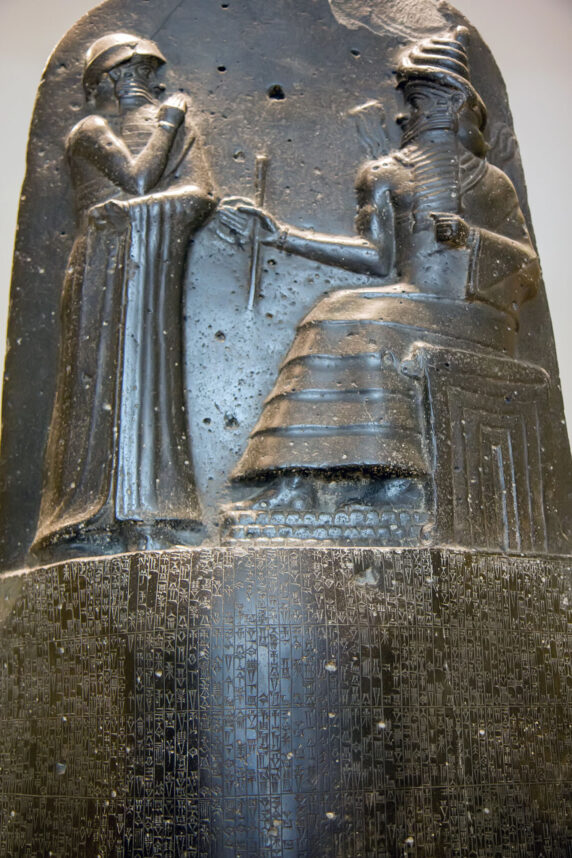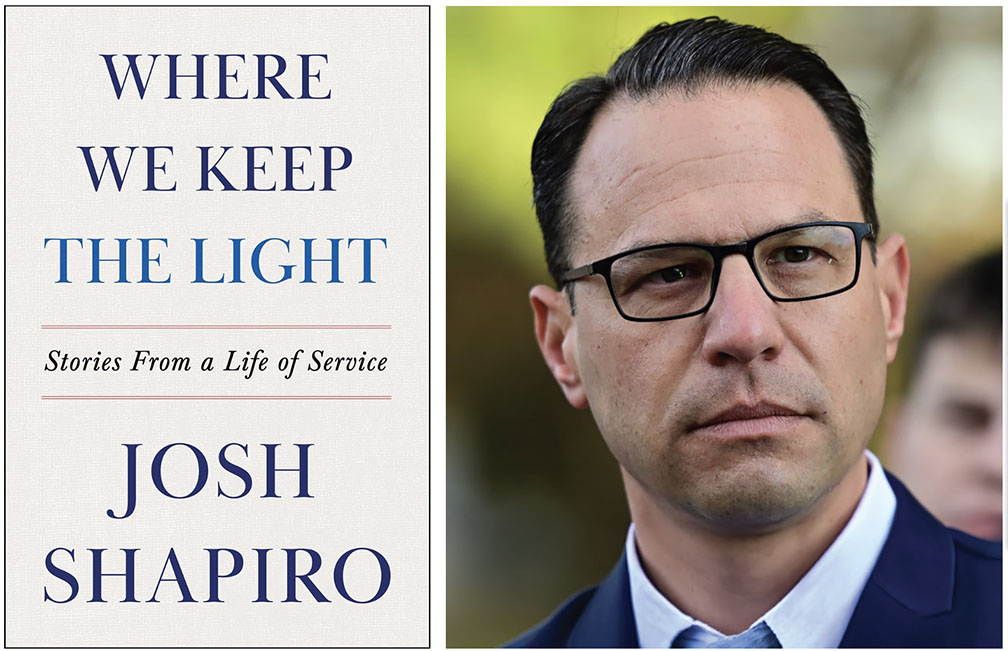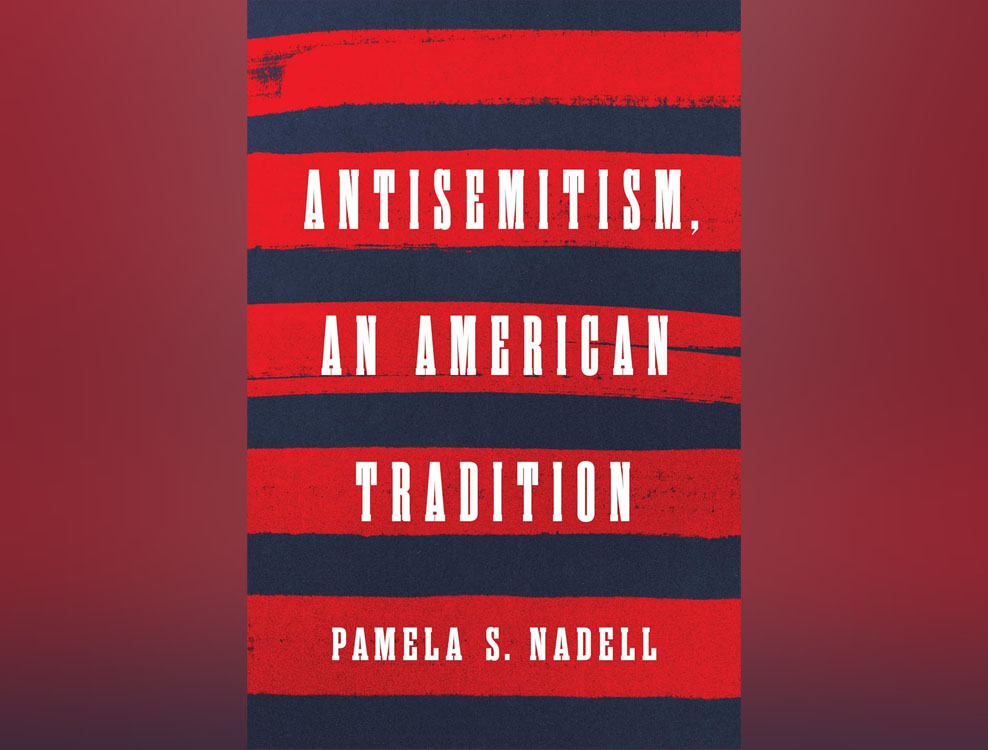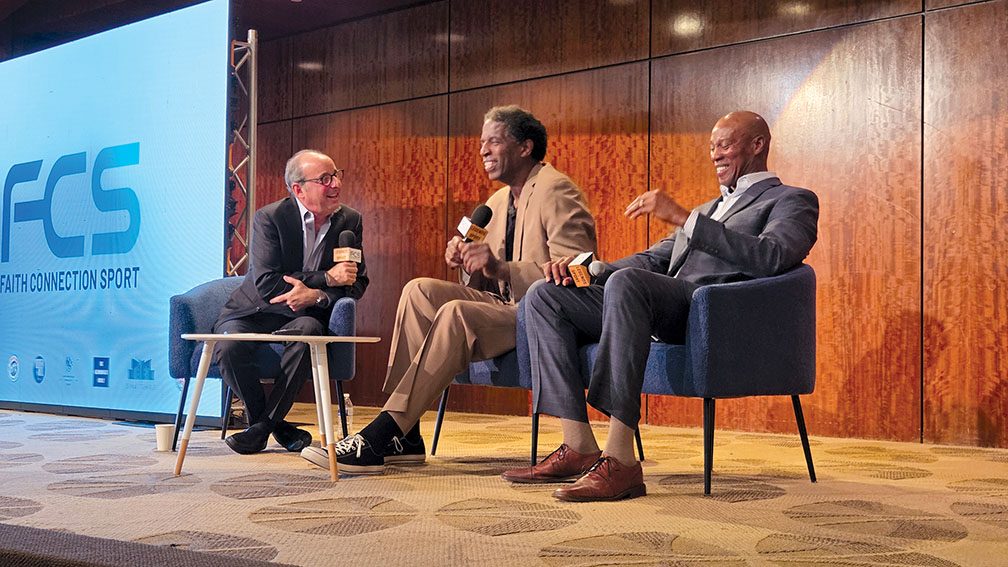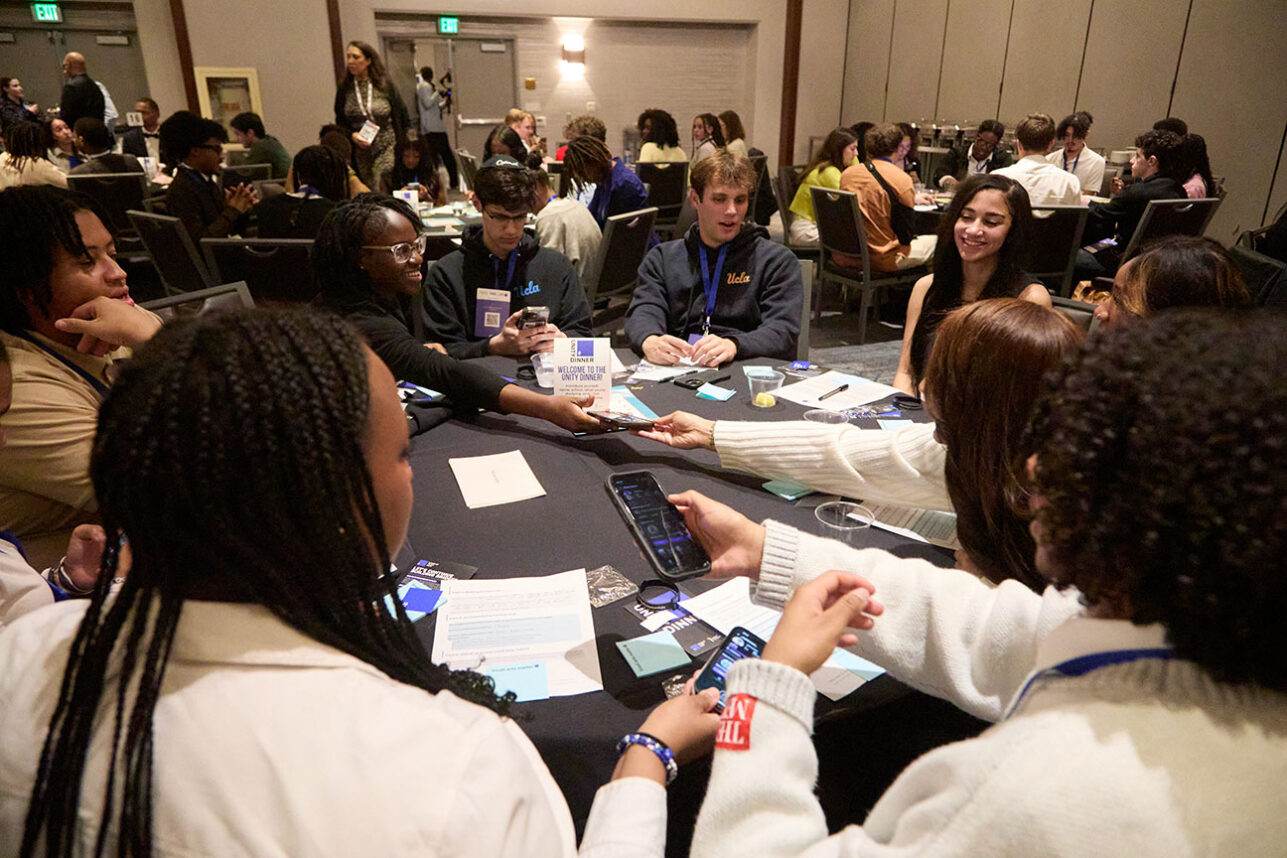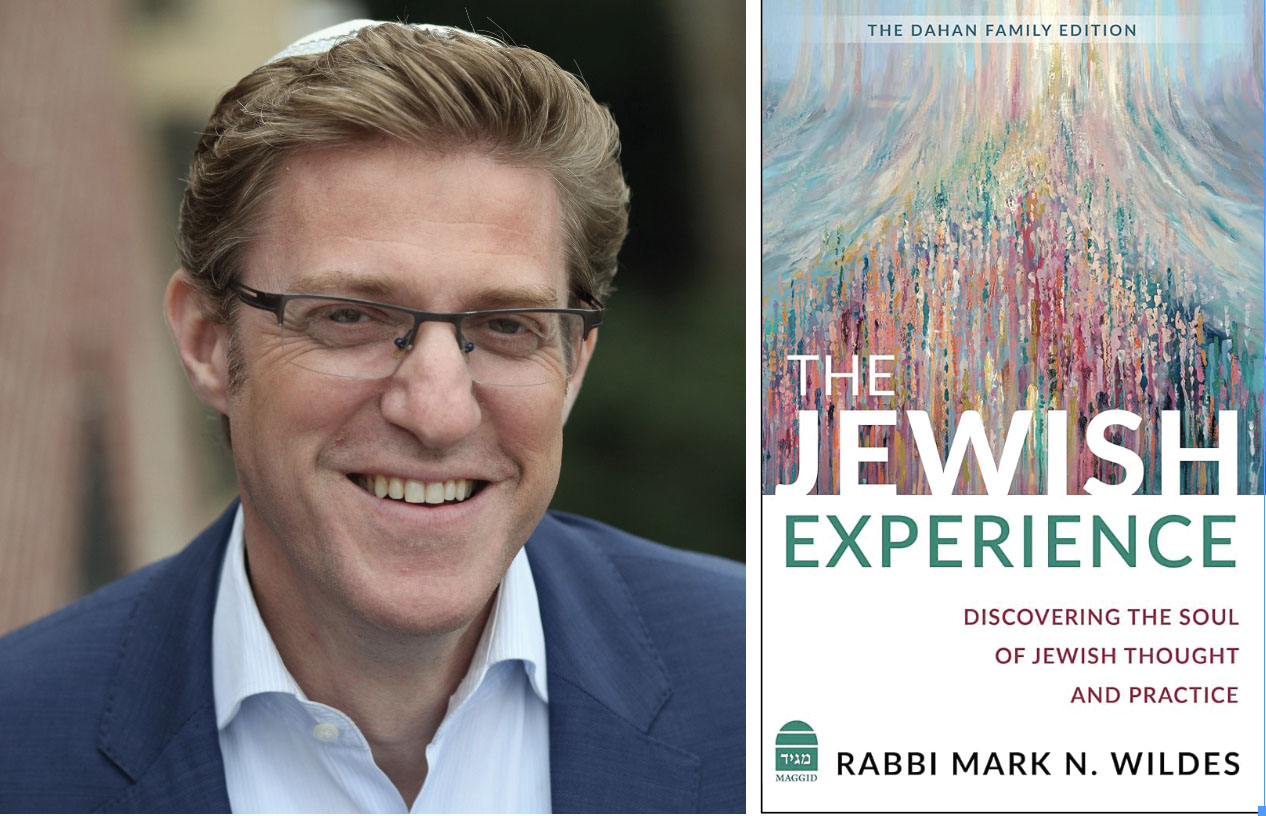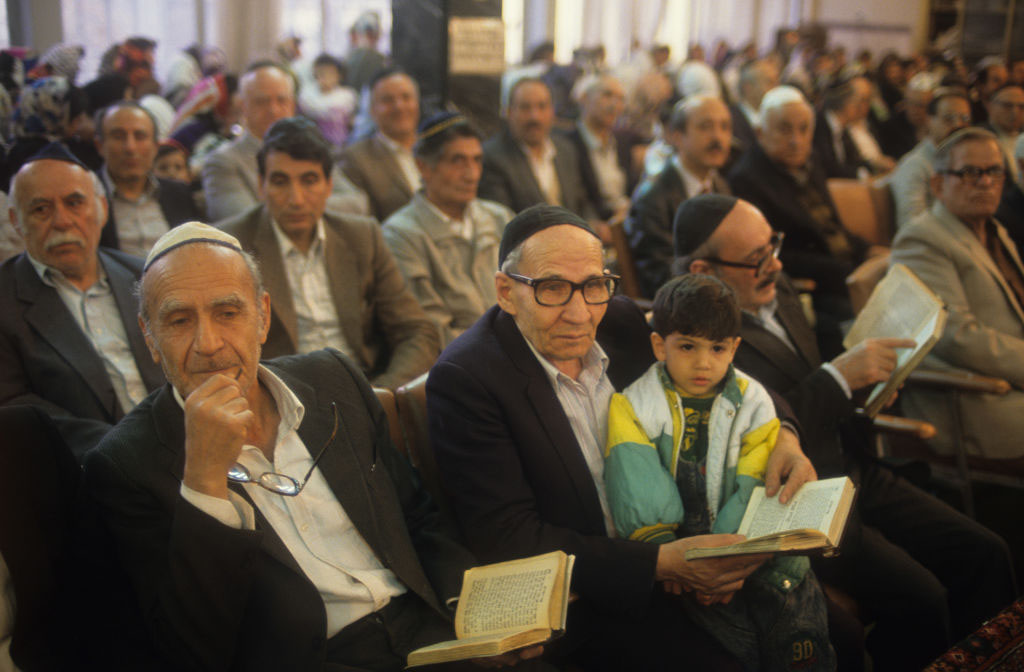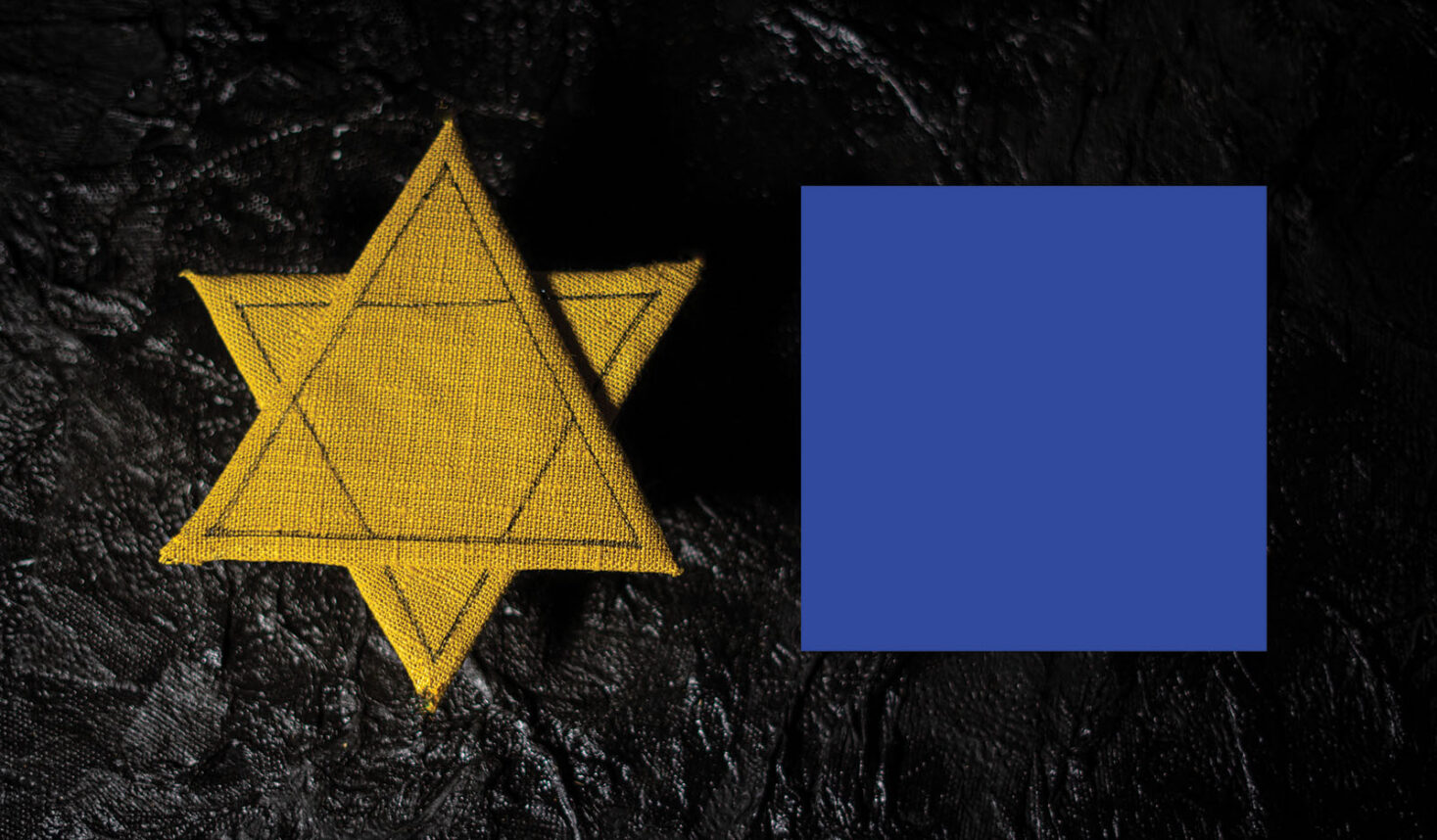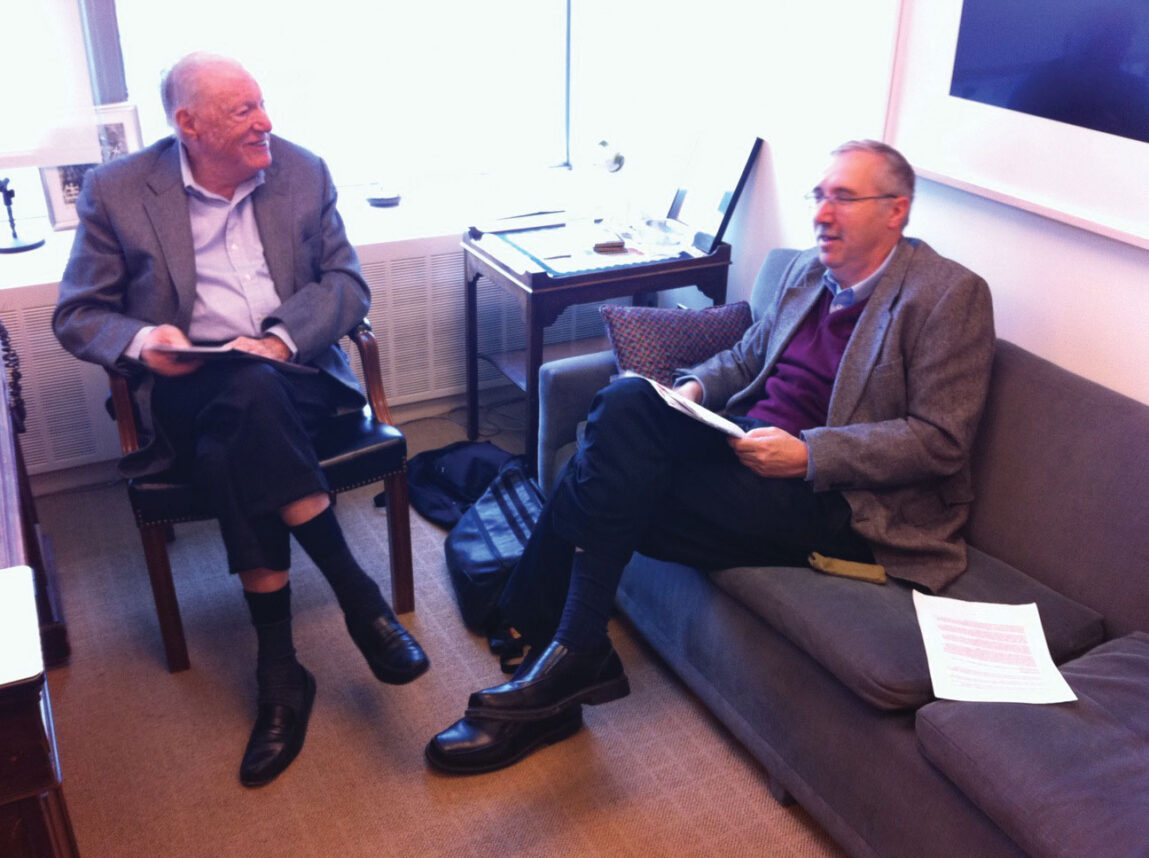
After the first time I gave birth, I was resting in my bed at Kaiser, waiting for the airline-style kosher food from the cafeteria to arrive. I was expecting to eat some bland mush or maybe some grey-colored chicken. But before it could come, my rabbi surprised me and stopped by with some food instead.
And then came my friend, a woman who lived near the hospital and made kosher food for all the Jewish mommies who delivered babies there, even if they were complete strangers. Since it was Friday, she delivered food for Shabbat: chicken, challah, warm kugel and a yummy dessert.
And since it was also Sukkot, my other rabbi and his wife invited my husband and mother-in-law for dinner. They came back to the hospital after the meal with tons of food in hand.
When I was discharged and went home, the food started pouring in from the meal train. Lasagna. Shawarma. Tacos. Fruit salad. Delicious authentic mole from our rebbetzin from Mexico City. Scrumptious home-cooked meals and takeout. Food prepared and delivered by friends, members of our synagogue and people in the community who heard about the meal train and wanted to chip in.
When my friends and fellow moms came over with a hot meal and talked to me about the difficulties of new motherhood, I felt so seen. When they reassured me it would get easier, I felt comforted. It’s extremely isolating being home all day with a newborn, and seeing familiar faces helped me avoid the feelings of loneliness I’m sure I would have experienced.
I had never felt so supported and cared for in my life. It made giving birth so much more special knowing I had people I could count on. These people, who were busy with their children and their work and their own lives thought of me. I was incredibly touched.
When I gave birth for the second time this past December, I expected a meal train like the first time around. But this time, it was much bigger. Friends from the first one and new friends chipped in. People dropped off baby gifts with their food. I got Venmo payments and gift cards from people I never met who wanted us to order from our favorite restaurant.
One person signed up and didn’t deliver the food at the time we specified. When we called them to see what happened, they were so sorry that they forgot. We told them it was fine and not to worry about it.
“I want to make it up to you,” they said. “I’m ordering you dinner tonight, and then tomorrow, when you’re hungry for lunch, you call me and I’ll order some for you.”
“You don’t have to do that,” my husband told them.
“No, I’m serious. I insist,” they said.
The next day, in the craziness of having a newborn, we forgot to reach out. The person called us around noon.
“Hi, I told you to call me. Look, I’m ordering you food. Go pick it up.”
I couldn’t believe it. I retrieved our feast from LA Burger Bar, and it lasted us until the next day.
By contributing to our meal train, our community not only shared in our simcha; they showed us they had our back when we needed them the most.
Giving birth, especially the first time, is a whirlwind that completely knocks you off your feet (in a good way). By contributing to our meal train, our community not only shared in our simcha; they showed us they had our back when we needed them the most.
Now, any time I see a meal train posted in a WhatsApp group or on Facebook, I sign up, even if I don’t know the person. It could be a meal train for someone who gave birth, experienced a loss or just went through surgery and needs a little extra help. I want to spread the kindness and love that I received.
Ten years ago, my husband and I moved to LA not knowing anyone in the community. Now, I can proudly say that not only are we part of this amazing community, but we are also part of something much larger than ourselves: one big, loving Jewish family.
Kylie Ora Lobell is the Community and Arts Editor for the Jewish Journal.












